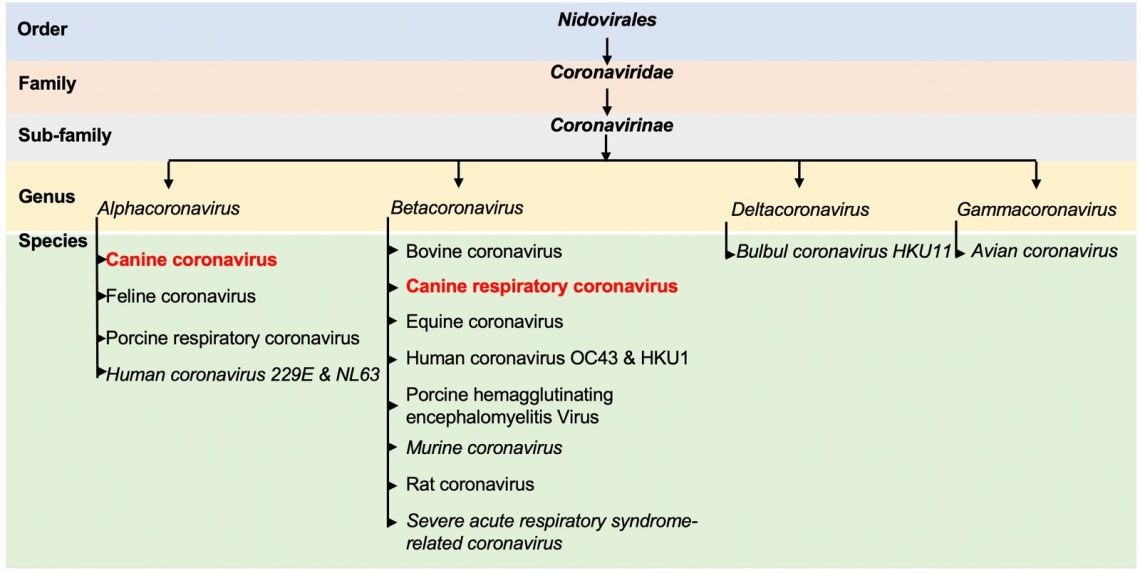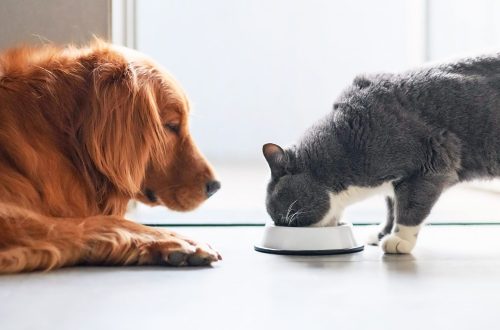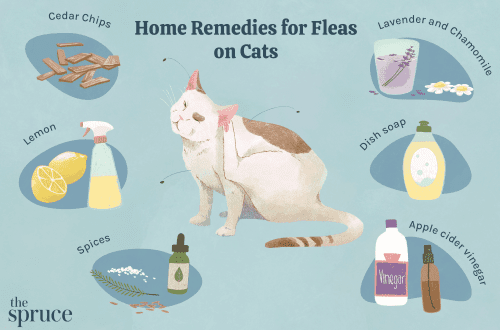
Coronavirus gastroenteritis in cats: symptoms and treatment
When cat owners hear about a coronavirus infection in a pet, they often associate it with a “human” infection. COVID-19 pandemic. However, these are different pathogens, although belonging to the same family. Hill’s experts – about their features and flow.
Cat coronaviruses – Feline Coronavirus (FCoV) – not dangerous to humans, but can cause serious illness in pets. One of them is feline coronavirus gastroenteritis.
Contents
The infection is spread through the feces and saliva of the host animal. It can enter the pet’s body with food, water, through licking its paws after a common tray. Even domestic cats that never go outside are not protected from infection: the pathogen can get into the apartment on the soles of the owners’ shoes. According to various sources, from 70% to 90% of cats are carriers of coronavirus infection, that is, they secrete the virus when they feel normal.
Usually the disease is mild or asymptomatic, but in some cases the virus mutates and turns into a highly pathogenic strain. The exact cause is still unknown, but scientists have identified risk factors: hypothermia, hereditary predisposition, prolonged stress, reduced immunity, acute or chronic diseases, surgical interventions, young or old age of the animal.
With a mild course of the disease, the owner may notice diarrhea or formed feces with blood and mucus in the pet. Periodic vomiting, refusal to eat, general weakness in the animal, runny nose and lacrimation, fever are possible. Since symptoms may be mild or absent, you need to contact a veterinary clinic to make an accurate diagnosis. The doctor will conduct a PCR test or immunochromatographic analysis (ICA), which will determine the presence of coronavirus in the body. But most importantly, the veterinarian must understand whether the virus is the cause of the disease. It is not uncommon for a cat to be an asymptomatic carrier, and gastrointestinal problems are caused by something else.
Once diagnosed, a logical question arises: how to treat coronavirus gastroenteritis in cats? Timely treatment is extremely important, especially if the pet is at risk. With a long course of the disease, the virus can mutate and infect all internal organs, so it is important to strictly follow the prescriptions of the veterinarian.
Coronavirus gastroenteritis requires complex therapy, which depends on the condition of the pet. It may include symptomatic treatment, antibiotics, drugs to normalize gastrointestinal motility, gastroprotectors, a special diet.
How to protect your pet
Completely eliminate infection FCoV impossible, but there are still recommendations for the prevention of coronavirus gastroenteritis:
● minimize stress, especially in kittens, elderly and debilitated animals; ● prevent crowded living of cats; ● regularly clean and disinfect the tray; ● provide pets with a complete and balanced diet; ● in time to carry out treatment from helminths; ● Avoid close contact with stray animals.
Many are also interested in how long cats with coronavirus gastroenteritis live. If the disease is prolonged, then in one case out of ten it can turn into extremely dangerous infectious peritonitis (FIP). If the pet has recovered, then even if there is a virus in the body, he can live a long and happy life.
See also:
Do Cats Need Extra Vitamins?





